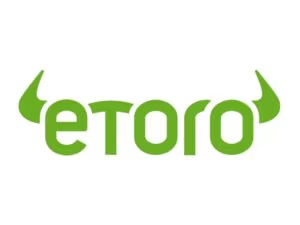Russia has announced that its new cancer vaccine, Enteromix, demonstrated 100% efficacy and safety in early clinical trials, raising global attention to a potential breakthrough in oncology. Developed by the National Medical Research Radiological Centre and the Engelhardt Institute of Molecular Biology (EIMB) under Russia’s Ministry of Health, the vaccine uses mRNA technology similar to COVID-19 vaccines to train the body’s immune system to attack cancer cells.
According to reports in Russian media, early-stage trials showed that the vaccine successfully prevented tumor progression, with no serious side effects. The vaccine initially targets colorectal cancer, one of the world’s most common and deadly cancers.
Personalised Approach to Treatment
Enteromix is designed as a personalised mRNA vaccine, tailored to each patient’s tumor profile. By using oncolytic mechanisms that both destroy tumors and activate immune responses, the treatment has shown tumor shrinkage rates of 60% to 80% in pre-clinical studies, alongside improved survival outcomes.
Researchers noted that animal studies and early human data demonstrated strong anti-tumor immunity with minimal toxicity, suggesting a potential shift in how cancers could be treated in the future.
Awaiting Approval
The developers have submitted Enteromix for approval to the Russian health authorities. If cleared, it would mark the world’s first approved mRNA-based cancer vaccine with reported complete efficacy in clinical trials.
Experts caution, however, that results so far come from small-scale Phase I trials. Larger Phase II and III trials involving broader patient populations will be required to validate the findings, ensure reproducibility, and assess long-term outcomes.
A Global Race in Cancer Vaccines
Enteromix adds to a growing global pipeline of mRNA-based cancer therapies. Companies like BioNTech are already in advanced stages of testing similar vaccines, such as Autogene cevumeran, which is undergoing trials in the US and Europe.
Analysts say Russia’s entry could accelerate competition in the cancer immunotherapy space, particularly if its early efficacy claims are borne out in larger studies.
Cautious Optimism
While the announcement has stirred excitement, oncologists outside Russia have urged cautious optimism. Independent peer-reviewed publication of the trial data, along with international validation, will be crucial before Enteromix can be considered a true medical breakthrough.
For now, the development reflects a wider momentum in personalised medicine, where mRNA technology is rapidly evolving beyond infectious diseases into the treatment of complex conditions such as cancer.






